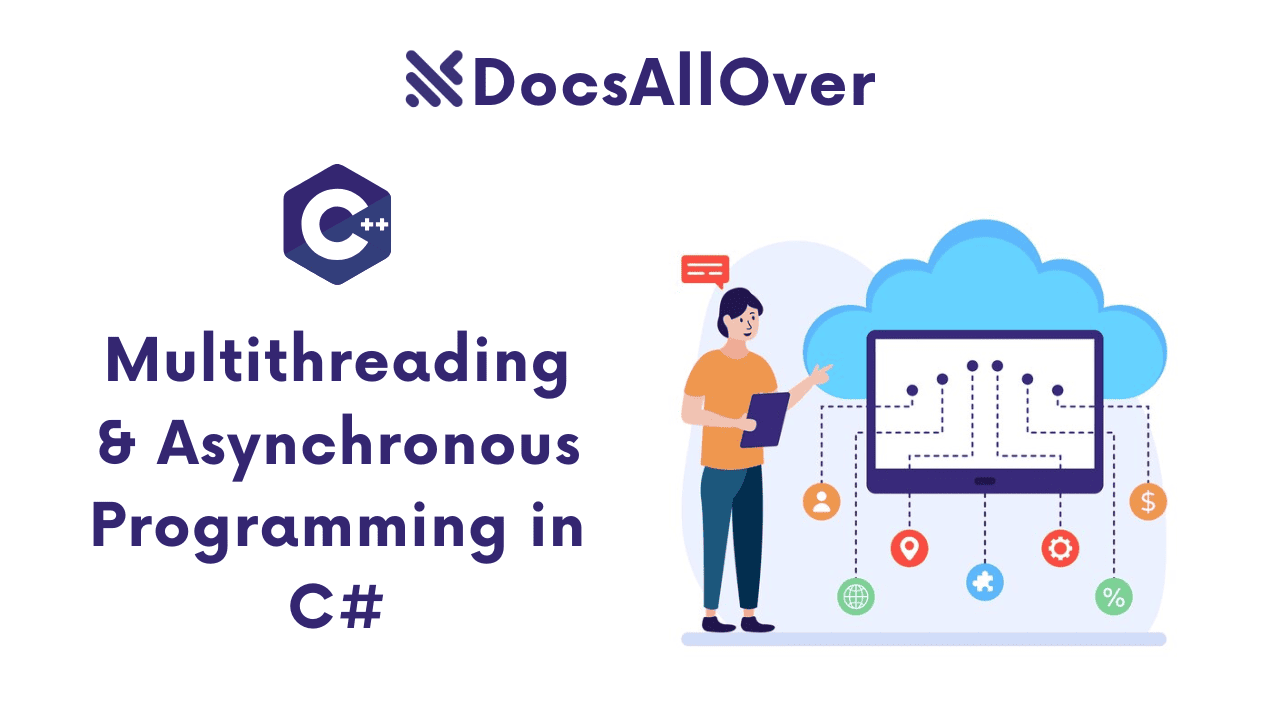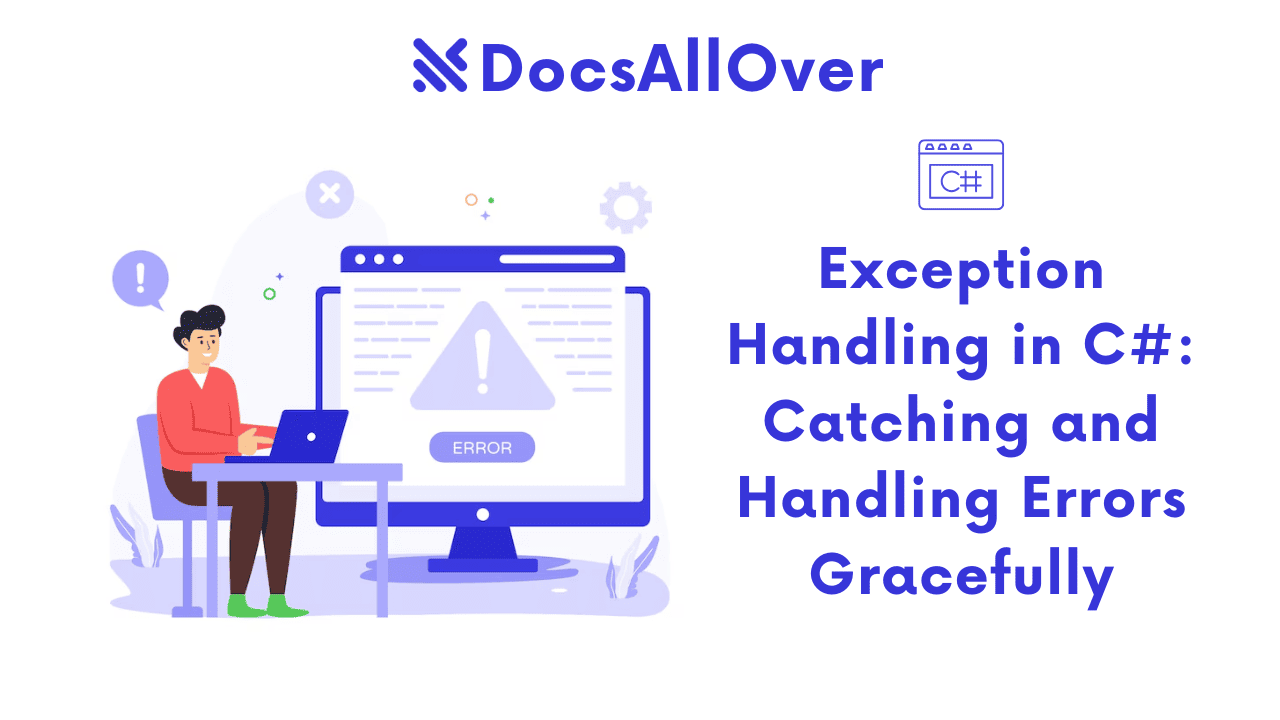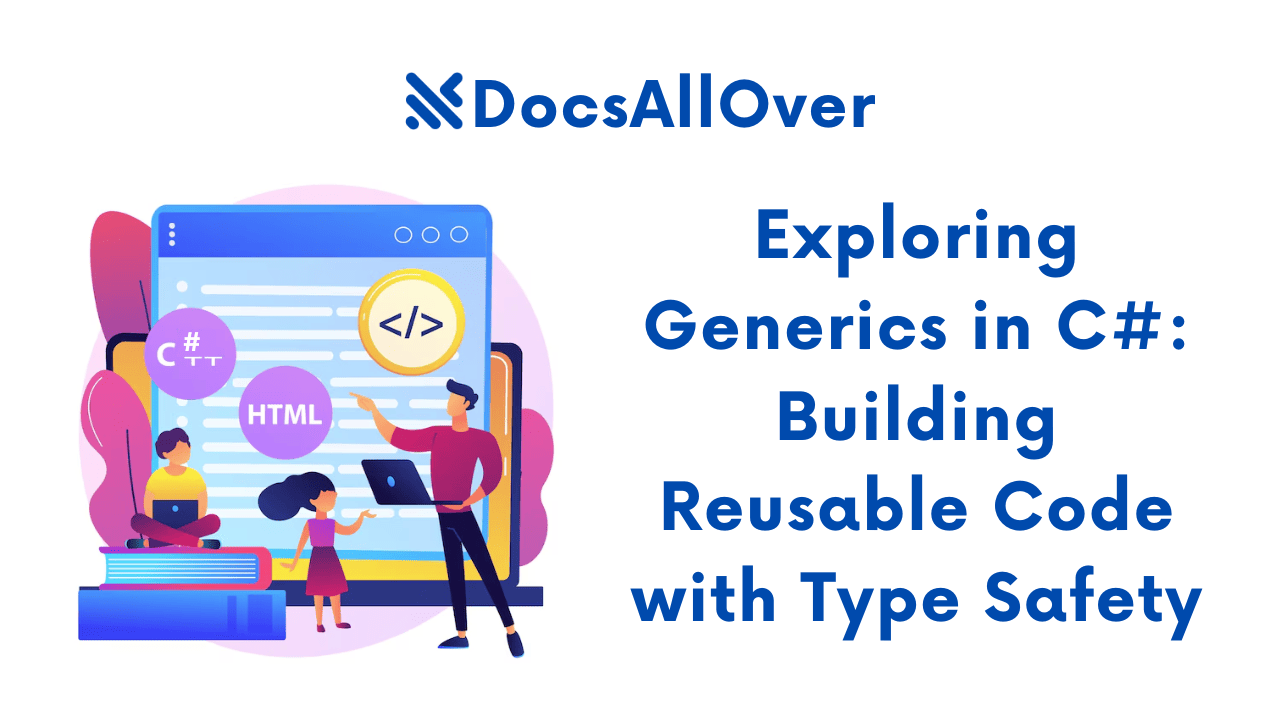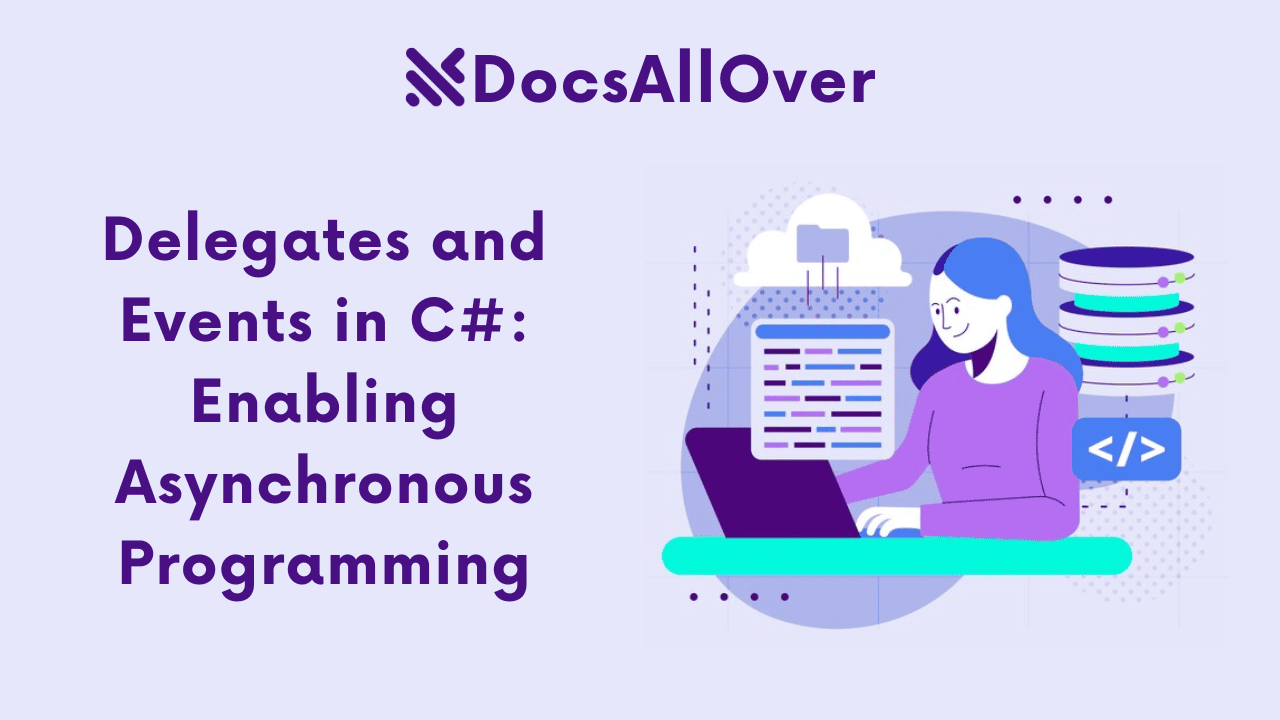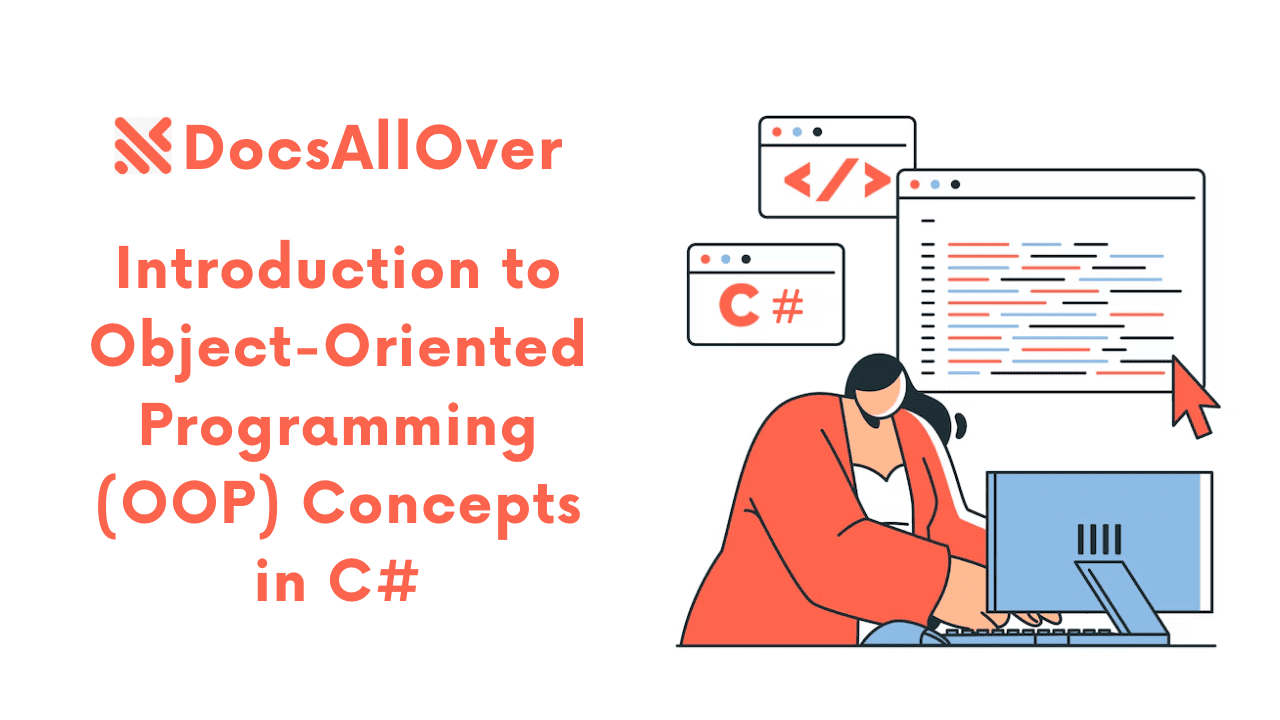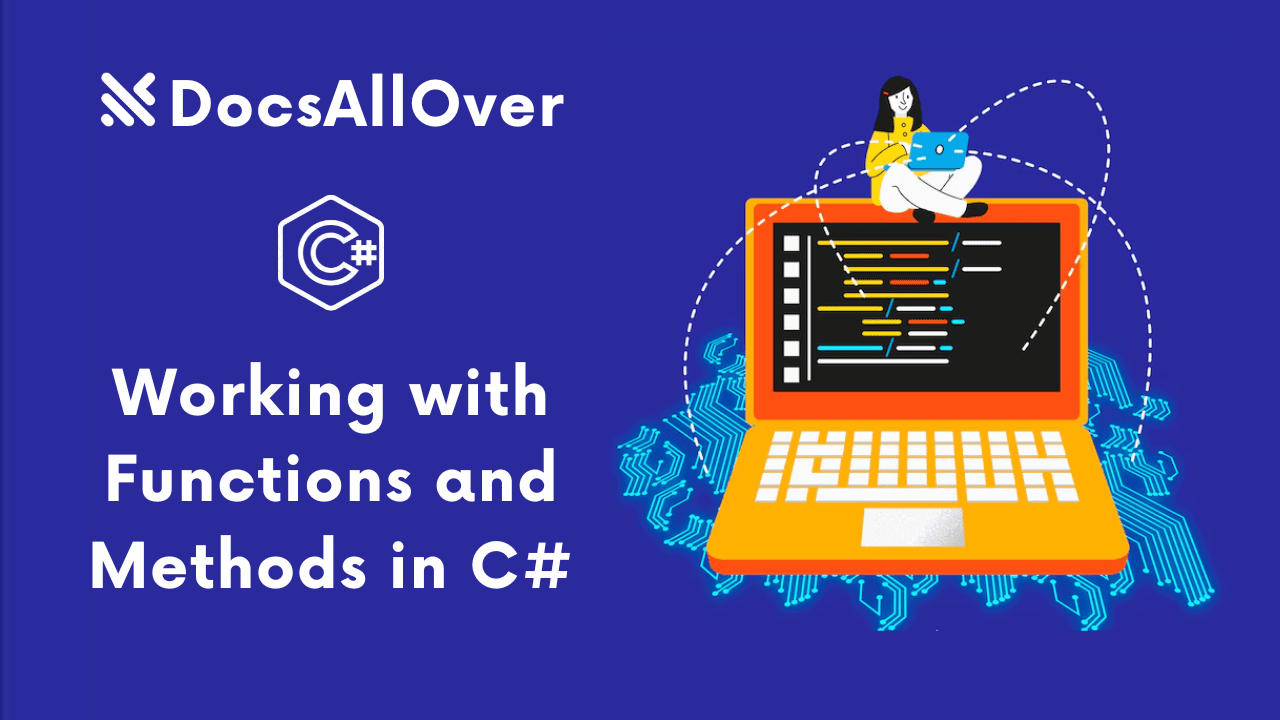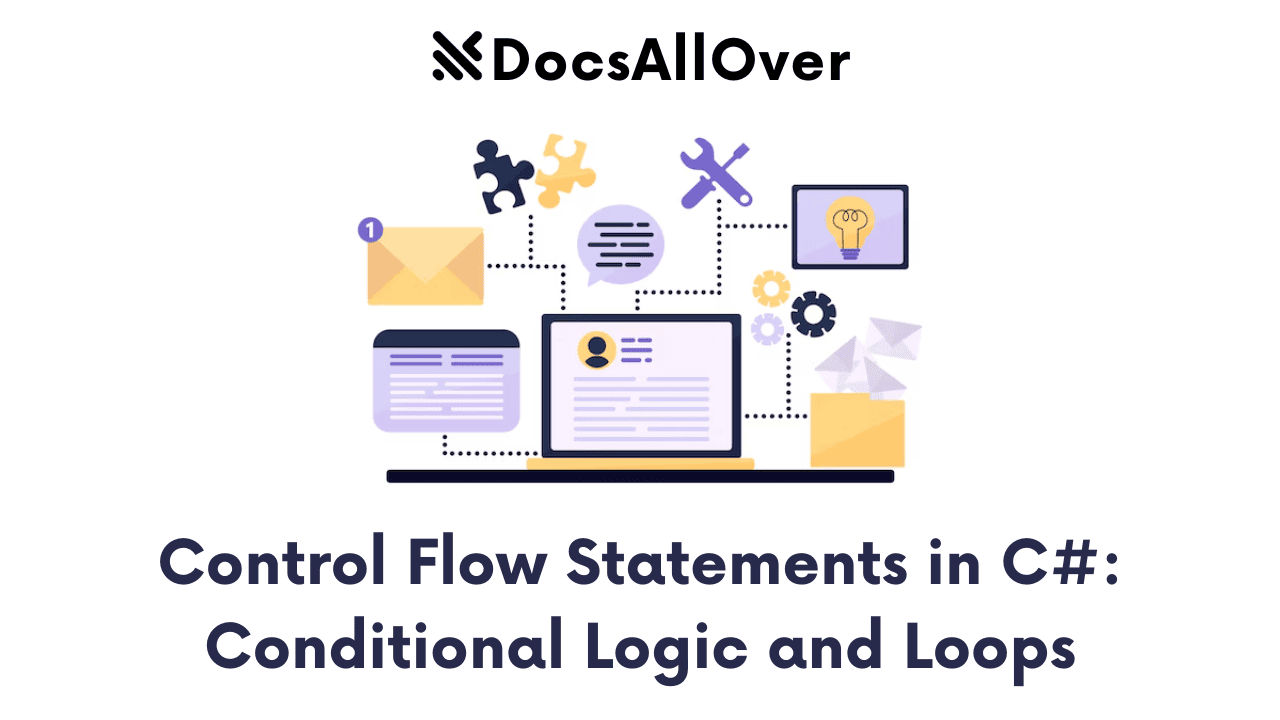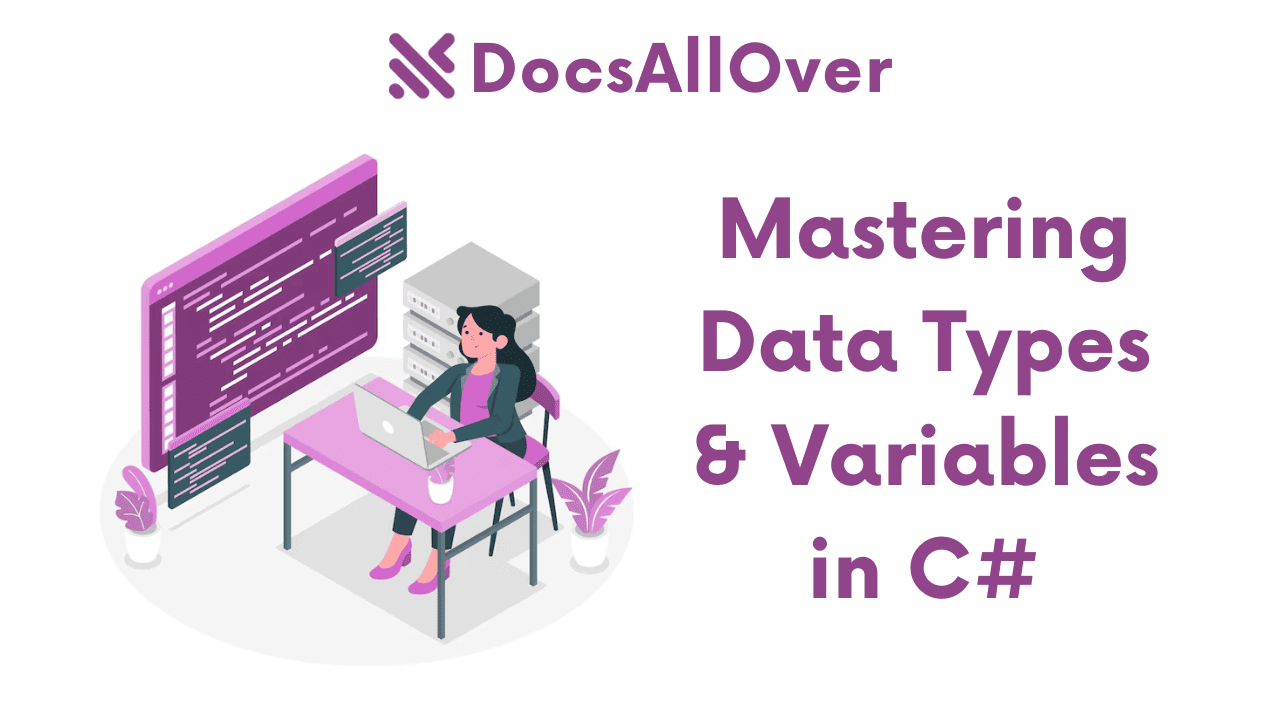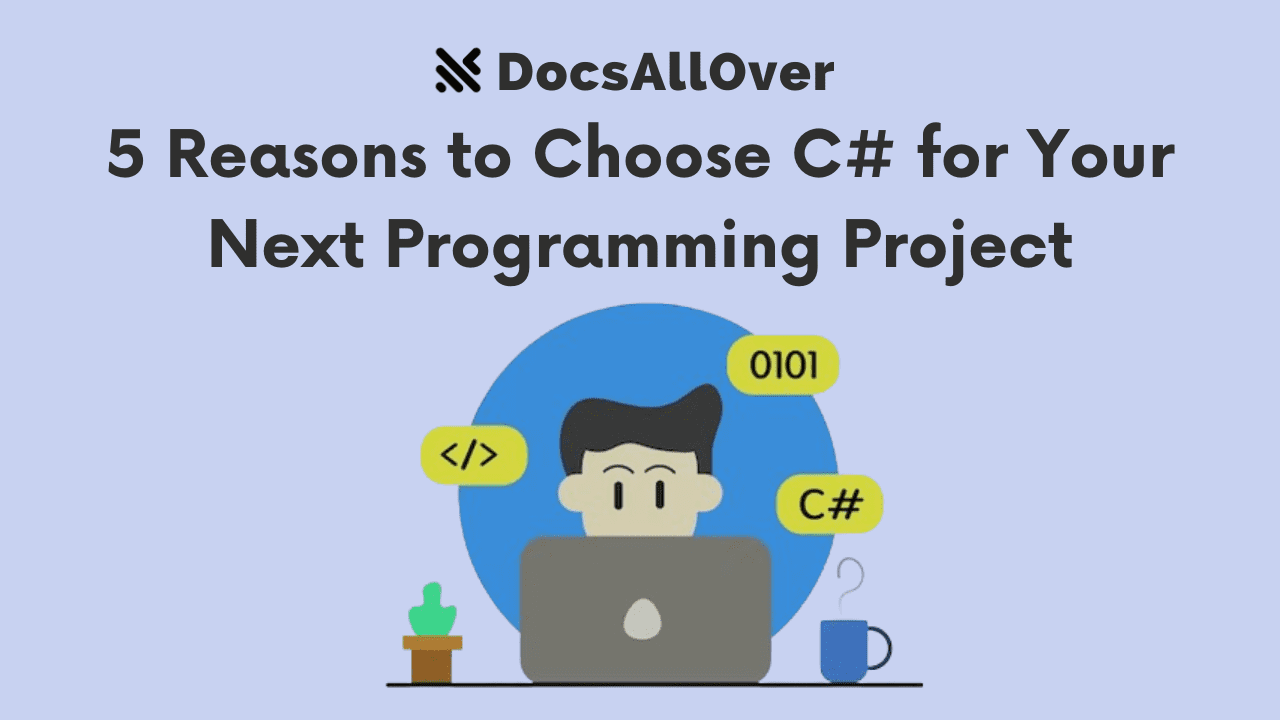C# Programming: What It Is, How It's Used And How To Learn It?
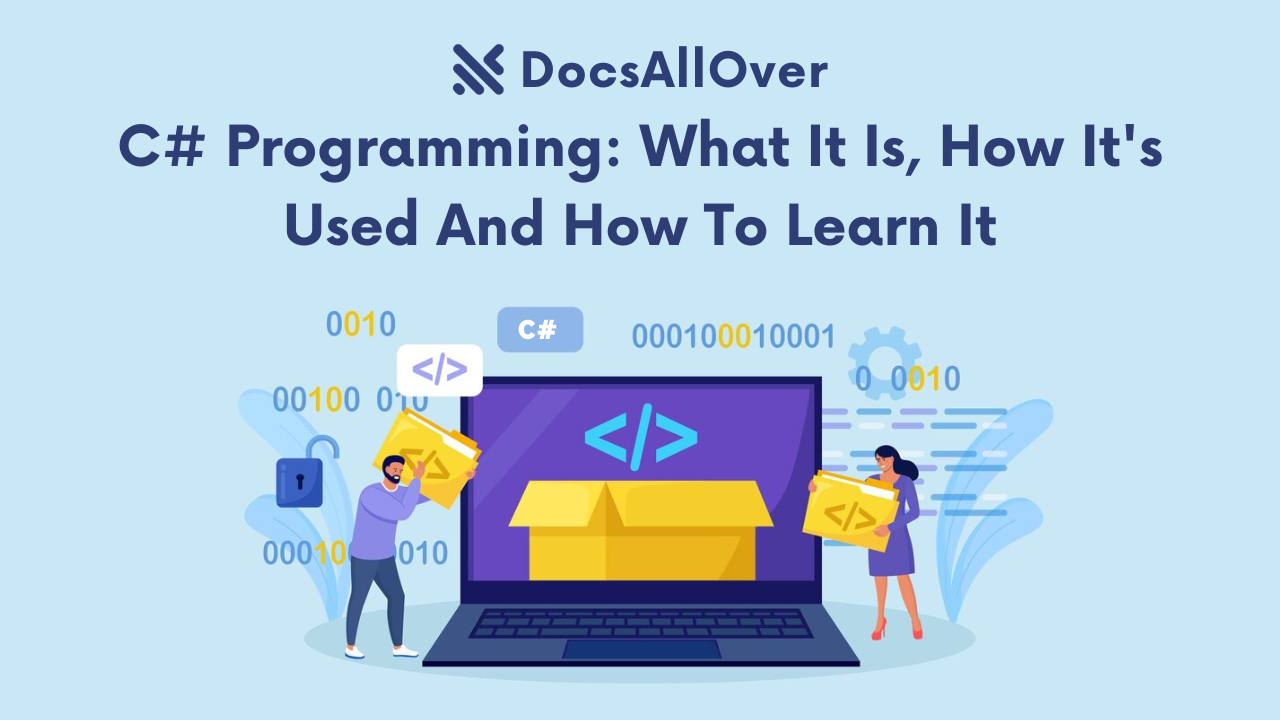
What is C# Programming?
Imagine the world of software applications – from the games you play to the websites you browse, each one is built using a specific language. Programming languages act as the bridge between human instructions and computer functionality. They provide a set of rules and commands that computers can understand, allowing programmers to create complex software applications.
C#, pronounced "C-Sharp," is a powerful and versatile programming language developed by Microsoft. It falls under the category of general-purpose languages, meaning it can be used for a wide range of applications, unlike languages designed specifically for web development or data analysis. What truly sets C# apart is its foundation in object-oriented programming (OOP) principles.
Object-Oriented Design: Building Blocks for Reusable Code
OOP allows programmers to create reusable chunks of code called objects. These objects represent real-world things or concepts, like a bank account or a customer in an online store. Each object has properties (data) and methods (functions) that define its behavior. By organizing code into objects, OOP promotes code reusability, maintainability, and modularity – making it easier to build large-scale software projects.
C# Enhances Reliability with Strong Typing and Automatic Memory Management
Another key feature of C# is strong typing. This means that variables must be declared with a specific data type (e.g., integer, string) and can only hold values compatible with that type. This strictness helps prevent errors and ensures program stability.
Furthermore, C# takes care of memory management through garbage collection. As your program runs, it creates and manipulates data in memory. C# automatically reclaims memory that's no longer needed, freeing you from the burden of manual memory management, which can be a source of errors in other languages.
Beyond the Desktop: Cross-Platform Development with .NET
While traditionally used for building desktop applications, C# has evolved to support a wider range of platforms. Through the .NET framework, C# code can be used to create web applications, mobile apps, and even cloud-based solutions. This cross-platform capability makes C# a valuable tool for developers seeking to build applications that run on various devices and operating systems.
In the next subtopic, we'll delve deeper into the exciting world of C# applications and explore the diverse ways C# is used to power the software we rely on every day.
How is C# Used? - A World of Applications
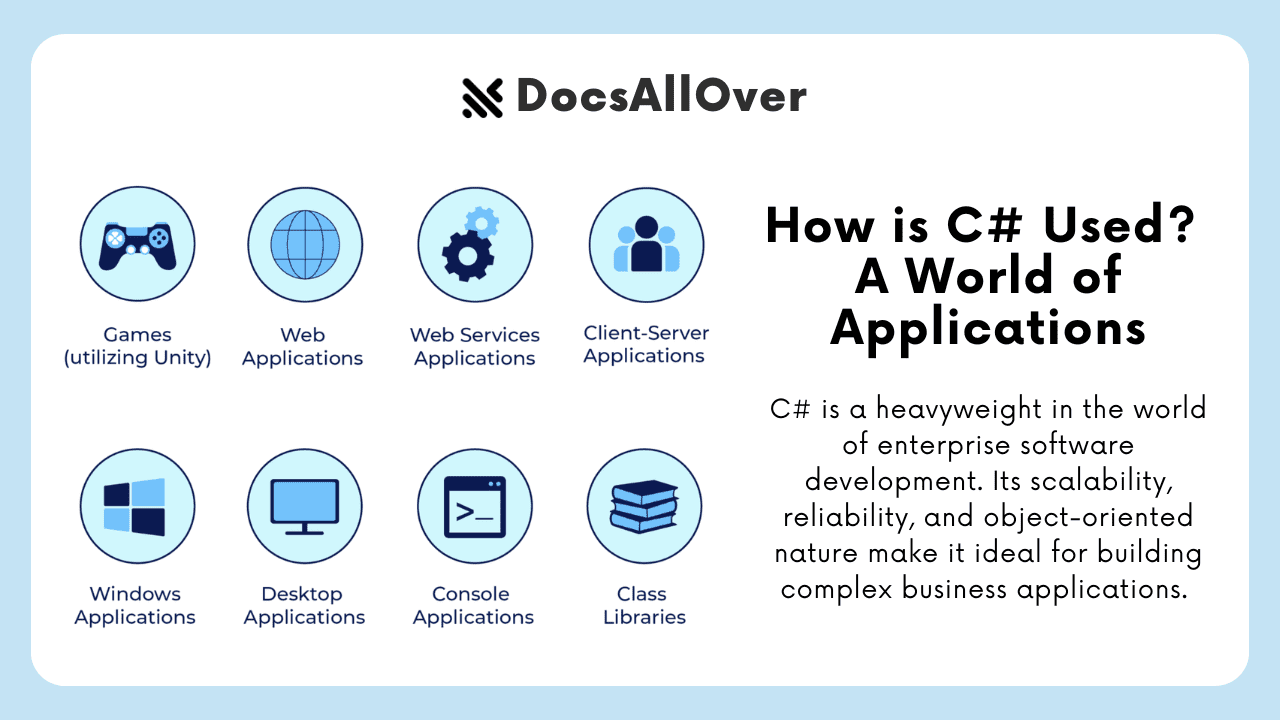
C# is a true all-rounder, finding application in a wide range of software development projects. Here's a glimpse into some of the key areas where C# shines:
Desktop Applications:
C# excels at building user-friendly desktop applications with rich graphical interfaces (GUI). From productivity suites and media players to custom business tools, C# empowers developers to create applications that interact seamlessly with the user. The intuitive nature of C# combined with powerful GUI frameworks like Windows Forms and WPF makes crafting user-friendly desktop software a breeze.
Web Applications:
C# isn't limited to the desktop. It plays a vital role in the backend development of web applications. C# code often runs on web servers, handling data processing, business logic, and communication with databases. Frameworks like ASP.NET provide a robust foundation for building scalable and dynamic web applications using C#.
Mobile Applications:
The reach of C# extends to mobile devices as well. Frameworks like Xamarin allow developers to leverage their C# expertise to create native mobile applications for iOS and Android. This approach ensures code reusability and enables developers to build cross-platform mobile apps with a single codebase.
Game Development:
Calling all game developers! C# is a popular language for game development thanks to the powerful Unity game engine. Unity utilizes C# for scripting game logic, object behavior, and interaction within the game world. From creating immersive 3D experiences to crafting engaging mobile games, C# empowers developers to bring their creative visions to life within the Unity environment.
Enterprise Software:
C# is a heavyweight in the world of enterprise software development. Its scalability, reliability, and object-oriented nature make it ideal for building complex business applications. From large-scale data management systems to custom enterprise software solutions, C# provides a robust foundation for applications that power modern businesses.
Getting Started - Introduce a Simple Example
Let's create a simple program that demonstrates some fundamental C# concepts. We'll write a program that greets you with a personalized message.
Here's a breakdown of the code:
Explanation:
- 1.
Using System:This line tells the program to use theSystemnamespace, which provides essential functionalities like input and output. - 2.
class HelloWorld:This defines a class namedHelloWorld. Classes are blueprints for creating objects in C#. Our program will be encapsulated within this class. - 3.
static void Main(string[] args):This is the program's entry point, where execution begins. Thestatickeyword indicates that theMainmethod can be called without creating an object of theHelloWorldclass. Thestring[] argsparameter allows the program to receive arguments from the command line (not used in this example). - 4.
Console.WriteLine("Hello, World!");This line uses theConsoleclass to print the message "Hello, World!" to the console window.Console.WriteLineis a common method for outputting text. - 5.
string name = Console.ReadLine();This line reads user input from the console and stores it in a string variable namedname.Console.ReadLinewaits for the user to type their name and press Enter. - 6.
Console.WriteLine($"Hello, {name}! Welcome to C# programming.");This line uses string interpolation (indicated by the$symbol) to dynamically create a personalized greeting message. It incorporates the user's name stored in thenamevariable for a more interactive experience.
This simple program demonstrates core C# concepts like:
- Classes: Defining a blueprint for objects.
- Methods: Defining functions that perform specific tasks (e.g.,
Main). - Input/Output: Using the
Consoleclass for printing messages and reading user input. - Variables: Storing data using variables like
name. - Strings: Representing text data.
- String Interpolation: Creating dynamic string messages.
By dissecting this basic example, you've taken your first steps into the world of C# programming. As we progress through this blog series, we'll delve deeper into these concepts and explore more complex functionalities to equip you for building powerful applications.
How to Learn C# - Your Programming Journey Begins Here
Ready to embark on your C# programming adventure? This roadmap will equip you with the essential steps to get started:
1. Choose Your Development Environment (IDE):
An Integrated Development Environment (IDE) is your coding playground, providing tools for writing, editing, and debugging code. Here's a popular option for C#:
Visual Studio Community (https://visualstudio.microsoft.com/vs/community/): This free and feature-rich IDE from Microsoft is a great choice for beginners and experienced developers alike. It offers code completion, debugging tools, and integration with various development tools specifically designed for C#.
2. Grasp the Fundamentals:
The foundation of any programming language lies in its core concepts. Here are some fundamental building blocks you'll encounter in C#:
- Variables: These act as containers that store data like numbers, text, or even collections.
- Data Types: Define the kind of data a variable can hold. Examples include integers (whole numbers), strings (text), and booleans (true/false values).
- Operators: Perform operations on data, like addition, subtraction, comparison, and logical operations.
- Control Flow Statements: Control the flow of your program's execution with statements like if/else, loops (for, while), and switch statements.
- Functions: Reusable blocks of code that perform specific tasks, promoting code organization and modularity.
3. Explore Learning Resources:
The world of C# learning is vast! Here are some avenues to explore:
- Online Tutorials
- Microsoft Learn: Official tutorials from Microsoft, a great place to start your journey.
- Codecademy: Interactive tutorials that make learning C# engaging.
- Coursera: Offer online courses from universities and industry experts.
- Books:
- Head First C# by Jennifer Greene: A beginner-friendly book with a visual approach to learning C#.
- C# Programming for Dummies by John Paul Mueller: A classic guide for those new to programming.
- Online Courses
- Udemy c-sharp: Offers a variety of affordable C# courses from beginner to advanced levels.
- Pluralsight: Provides in-depth video courses and learning paths for C# development.
C# offers a rewarding and structured learning path. With a vast array of online resources, tutorials, and supportive communities, you can embark on your C# journey with confidence. So, take the first step, write your first line of code, and experience the power and creativity that C# programming offers!
